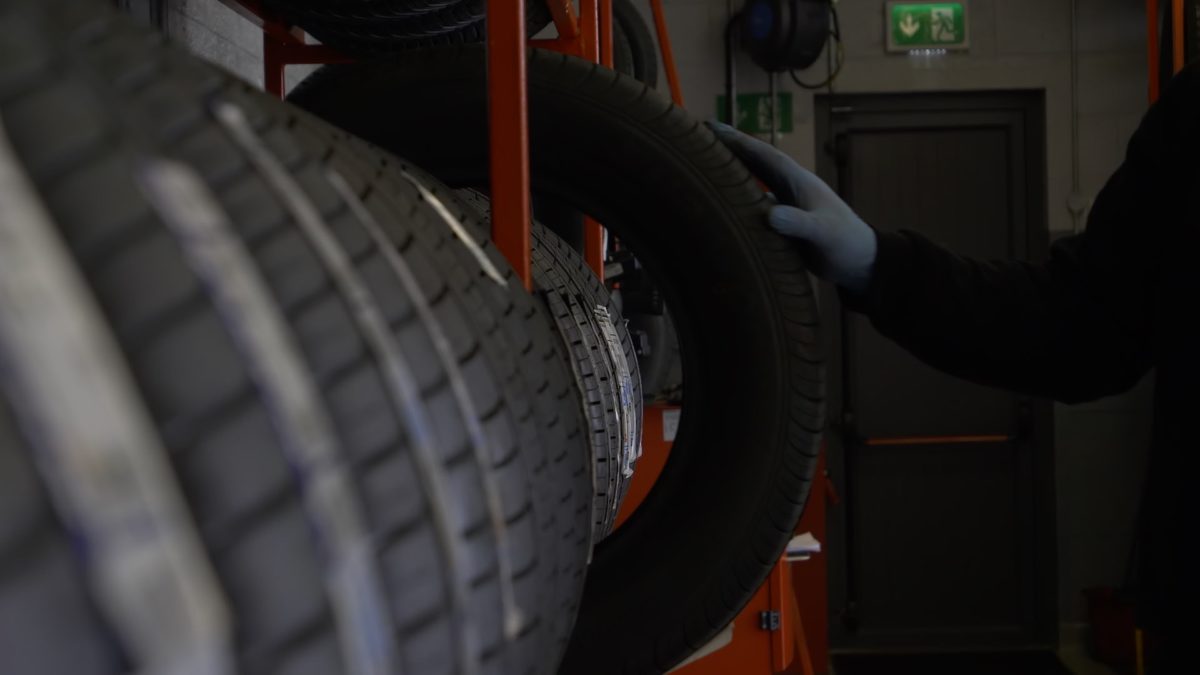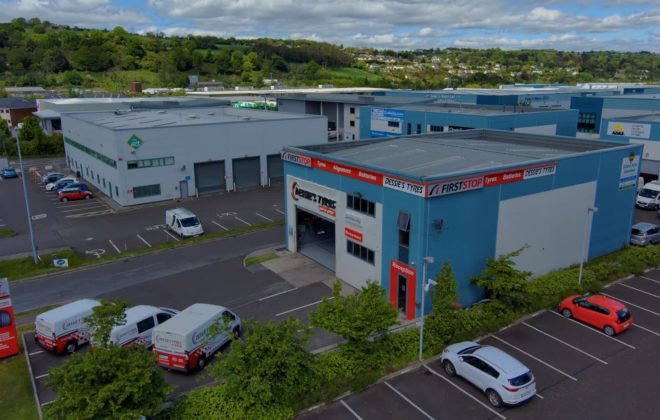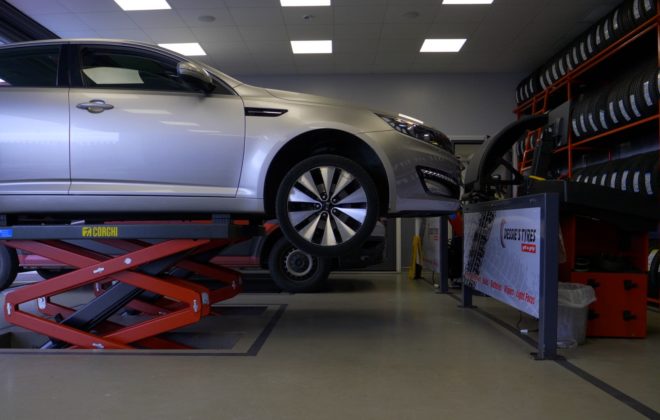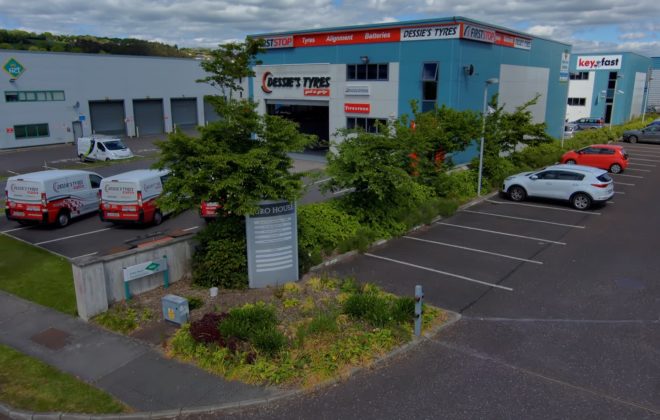Tyre Tread Depth and Why It’s Important
What are Tyre Treads?
The rubber on tyres has grooved patterns on them which help to grip the roads they run on. Traction is affected by the amount of air space to rubber while on the road. They also affect the noise produced especially at high speeds.
Defining Tyre Tread Depth
When tyres are manufactured, they have treads of about 8 mm. Legally it has to be at least 1.6 mm. So when due to wear and tear the treads reduce to 3 mm manufacturers then say that tyres should be changed. This is because the reduced thread depth means the tyres capacity to expel water on the surface of the road is reduced. This leads to the danger of aquaplaning. Also when the tyre is unable to have proper traction reduced breaking forces lead to an increase in the vehicle’s stopping distance
Checking for tyre safety
Most tyres now have molded in them indicators which point to the tread depth. Also an E mark on tyres is now legally required which means the tyre conforms to EU standards
- Find the tread depth indicator
All tyres have principal grooves which are widest while all other grooves are secondary grooves. These have projections within them which are the indicators for the tread depth. These will show how much of the tyre is worn out.
- Where to measure the depth of the tyre tread
It is best to measure the principal groove with its depth indicators. It is important to remember that a tread is just the part of the rubber tyre that touches the ground. The tapering part to the edges can be ignored. We have tyre depth gauges can be used to measure the depth of the groove.
- Maintaining tyres for safety
It is important to check tyres for safety as tyre safety is one of the most crucial issues and should never be ignored. The EU standard for tread depth for tyres is 1.6mm and replacing the tyre before this limit is reached is highly recommended. In addition to checking tyre tread depth, it is necessary to regularly check tyre pressure. This will reduce the risk of accidents occurring due to incorrect air pressure in the tyres. Pressure which is insufficient can lead to increased wearing out of the treads and can also cause serious damage to the construction of the tyre internally. The damage can be irreversible. Ensuring you have the correct tyre pressure will also save you fuel and as a result be cost effective.
- Balancing of Tyres
Regular checking to see that tyres are balanced is highly recommended. This helps eliminate vibration and also prevents uneven wearing out of the treads.
In short checking your tyres tread depth is important for your own safety & if you have any concerns please call into one of our branches & we’ll be happy to assist you.
Categories
- Uncategorized (8)





